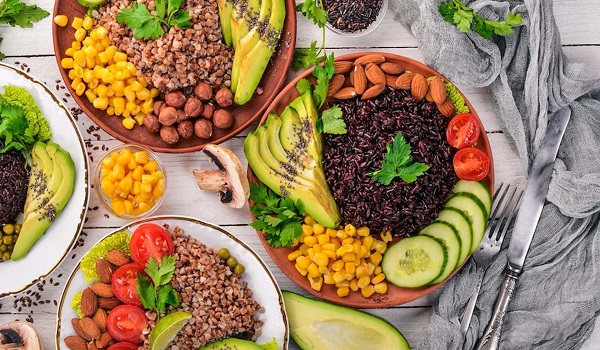In a move aimed at strengthening regulatory oversight and consumer trust in plant-based products, the Food Safety and Standards Authority of India (FSSAI) has proposed new guidelines for the import of vegan food items. Under the draft amendments, all vegan food imports must now be accompanied by an official certificate issued by a recognized authority in the exporting country, verifying compliance with India’s vegan food regulations.
The certification, to be submitted in the format specified in Form I of the proposed rules, will serve as proof that the product adheres to India’s strict standards for vegan labeling. Public comments on the proposal are open from February 28 to April 30, 2025.
Key Provisions of the Proposal:
- No animal testing: Imported vegan products must not undergo animal testing for any purpose unless mandated by regulatory bodies.
- Strict separation in manufacturing: Vegan and non-vegan ingredients must be stored and processed separately. Shared facilities must undergo thorough cleaning before use for vegan production.
- Good Manufacturing Practices (GMP): All stages of production, processing, and distribution must follow GMP to avoid cross-contamination.
- Traceability: Importers must maintain detailed documentation, including manufacturing and expiry dates, product composition, transport and storage conditions, and packaging types.
- Inspection requirements: If the product is to be repackaged or relabelled in India, the importer must declare the location for inspection clearance.
Only products with this certified documentation will qualify for the official FSSAI vegan logo, which is mandatory under the new proposal.
FSSAI officials say the amendments aim to enhance clarity around existing rules and close regulatory gaps. Currently, the law states that no vegan food products shall be imported without a certificate from an approved authority, but it lacks details on format or verification processes.
“Vegan food means any food or ingredient, including additives and processing aids, that are not of animal origin and have not used any animal-derived substances at any stage of production,” said FSSAI CEO G. Kamala Vardhana Rao.
India, home to one of the world’s largest vegetarian populations, has seen a growing shift toward veganism driven by health, ethical, and environmental factors. The proposed rules are expected to boost consumer confidence, improve transparency in vegan labeling, and enforce stricter accountability among global plant-based food manufacturers.


